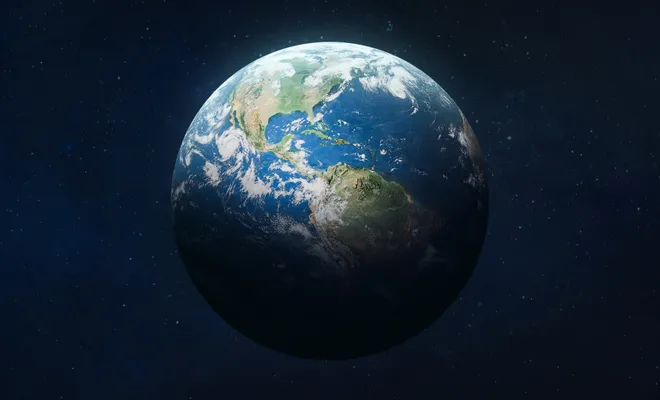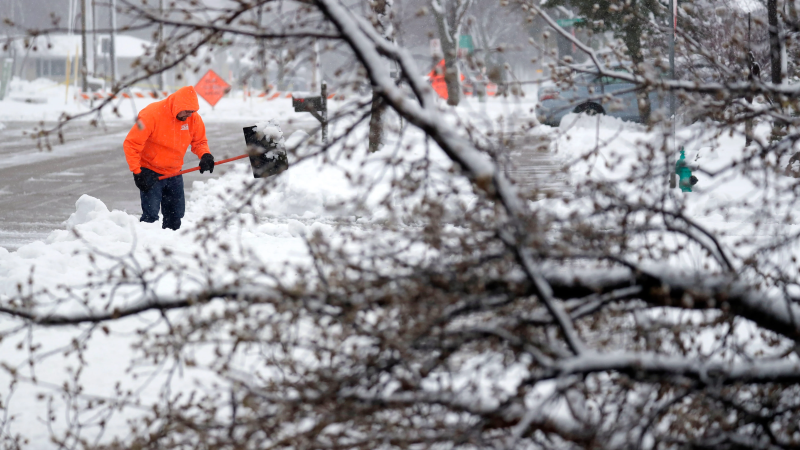'We do not know how to cope': Earth spinning slower may prompt negative leap second

Earth's slower rotation may mean that universal time will have to skip a second for the first time ever, researchers have found.
As climate change escalates the melting of ice caps and rising sea levels, the Earth is rotating slowly enough to require a negative leap second, according to a report published last week in the scientific journal Nature.
The need for a leap second, a method used to adjust atomic clocks, was initially set for 2026 but has been delayed to 2029, study author and geophysicist Duncan Agnew found. But the next leap second is expected to be the first negative leap second instead of an extra one.
"We do not know how to cope with one second missing. This is why time meteorologists are worried," Felicitas Arias, former director of the Time Department at the International Bureau of Weights and Measures, said in the report.
Leap seconds are added because if Earth is rotating slower over millions of years then a Coordinated Universal Time (UTC) minute would need to be 61 seconds long for the planet to catch up.
What's a leap second?
Since 1972, leap seconds have been used to adjust the official time from atomic clocks with Earth’s unstable speed of rotation.
Civil time is occasionally altered by one-second increments so the "difference between a uniform time scale defined by atomic clocks does not differ from the Earth's rotational time by more than 0.9 seconds," according to the United States Navy.
The last leap second for UTC occurred on Dec. 31, 2016, according to the Navy.
Solar eclipse 2024:Latest forecast is looking cloudy for some in path of totality
Scientists voted to end leap seconds
In late 2022, a global panel of scientists and government representatives voted to end leap seconds by 2035.
Many experts said leap seconds have caused complications for computing and fear most computer codes are incapable of comprehending a negative one, according to the Nature report. Elizabeth Donley, who heads the time and frequency division at the U.S. National Institute of Standards and Technology, said leap seconds cause major failures in computing systems, raising extra concerns for a negative one.
"There’s no accounting for it in all the existing computer codes," Donley said.

Negative leap second is still pending
It's still uncertain when or whether a negative leap second would occur, the report added.
Speculation that one is needed relies on the Earth continuing to spin at its current rate, according to astrogeophysicist Christian Bizouard. The International Earth Rotation and Reference Systems Service will determine when a leap second would be introduced.
"We do not know when that means acceleration will stop and reverse itself," Bizouard said in the report.
Disclaimer: The copyright of this article belongs to the original author. Reposting this article is solely for the purpose of information dissemination and does not constitute any investment advice. If there is any infringement, please contact us immediately. We will make corrections or deletions as necessary. Thank you.







